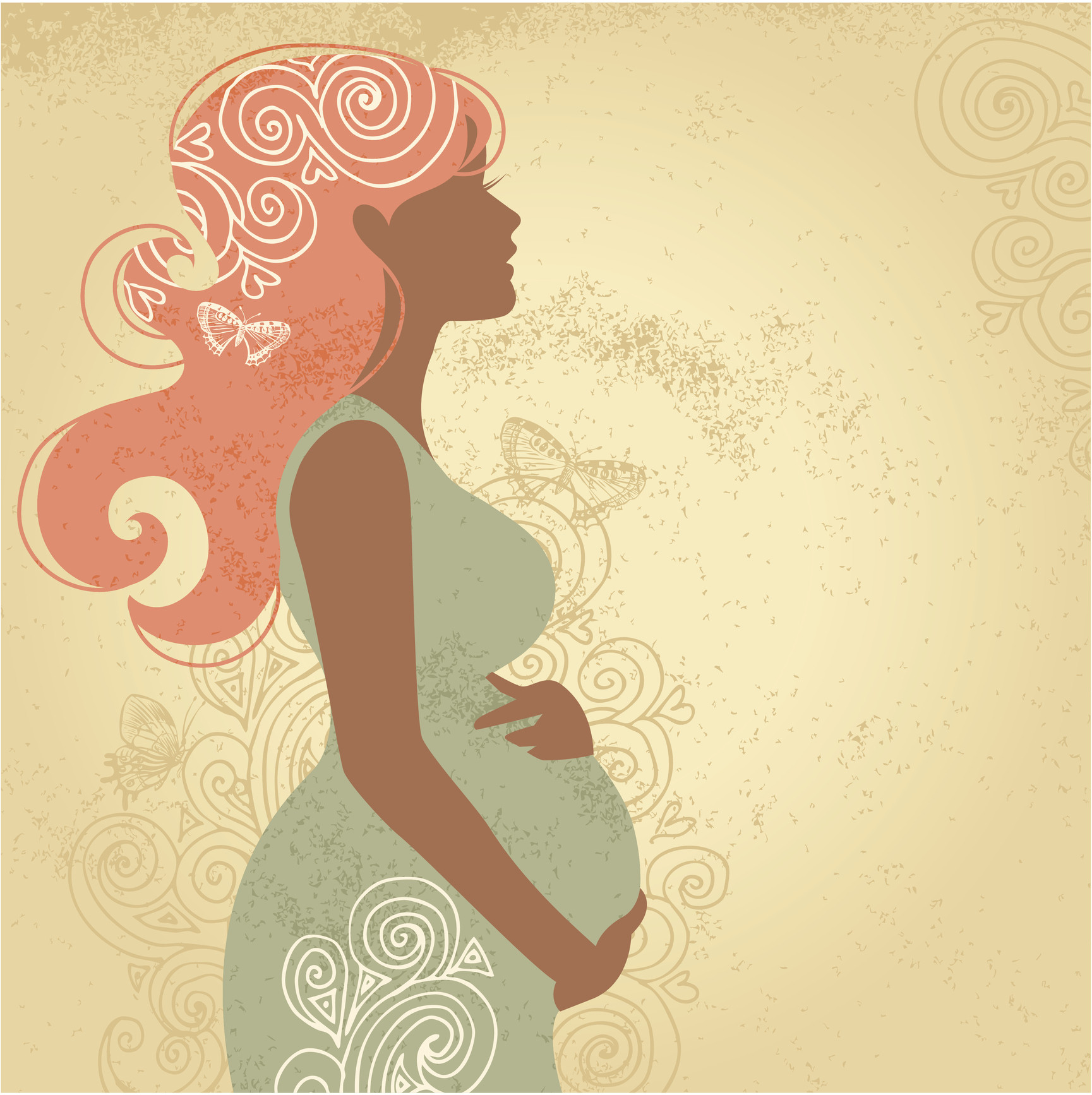
How does Ozempic work? Understanding GLP-1s for diabetes, weight loss, and beyond

Zinc: What it does for the body, and the best food sources

Respiratory health harms often follow flooding: Taking these steps can help

Tips to leverage neuroplasticity to maintain cognitive fitness as you age

Can white noise really help you sleep better?

Celiac disease: Exploring four myths

What is prostatitis and how is it treated?

What is Cushing syndrome?

Exercises to relieve joint pain

Think your child has ADHD? What your pediatrician can do
Pregnancy Archive
Articles
The real link between breastfeeding and preventing obesity
Research into the connection between breastfeeding and obesity in children found that babies who got milk directly from the mother’s breast for the first three months of life had the lowest risk of becoming obese, because they are less likely to overfeed.
Predicting heart disease: The sex factor
Several sex-specific issues may foretell a higher risk of cardiovascular problems in women and men.
Image: © bowdenimages/Getty Images
You probably know the key health indicators that pose a danger to your heart, such as high cholesterol and elevated blood pressure. But many people are not aware of the sex-specific conditions that may serve as early warning signals for heart disease.
For women, these include problems that sometimes occur during pregnancy, as well as other diseases that are more prevalent in females (see "Female-focused cardiac risks"). For men, it's a relatively common problem that's less commonly discussed: erectile dysfunction.
Using social media to help parents get vaccine questions answered
Doctors want their patients to have access to accurate and helpful health information, and today that means online. Researchers found that expectant mothers who used a website that provided information about vaccines were more likely to get their babies vaccinated.
Making fertility-friendly lifestyle choices
If you are thinking about getting pregnant, you can do many simple, effective things right now to improve your chances of conception, because lifestyle can have profound effects on the reproductive functions of women and men. This means that increasing your fertility potential is something that you both can do without outside help. In addition to adopting a fertility-boosting diet and getting into the fertility zones for weight and exercise, there are a number of lifestyle choices you can make for improving fertility naturally.
Give up nicotine, marijuana, cocaine, and steroids
Tobacco smoking has been linked to reduced fertility in both women and men. In addition, a recent British study has found an association between smoking and stillbirths, low birthweight babies, and sudden infant death syndrome (SIDS). A woman who smokes is likely to have less chance of becoming pregnant and giving birth when treated with in vitro fertilization (IVF) than a woman who doesn't smoke. This is especially true if she smokes twenty or more cigarettes a day. A mechanism that may link cigarette smoking and reduced pregnancy rates following IVF is the observation that smoking appears to accelerate the rate of egg loss. Women who smoke have the elevated hormone levels that indicate a depleted supply of eggs and prematurely aged follicles.

How does Ozempic work? Understanding GLP-1s for diabetes, weight loss, and beyond

Zinc: What it does for the body, and the best food sources

Respiratory health harms often follow flooding: Taking these steps can help

Tips to leverage neuroplasticity to maintain cognitive fitness as you age

Can white noise really help you sleep better?

Celiac disease: Exploring four myths

What is prostatitis and how is it treated?

What is Cushing syndrome?

Exercises to relieve joint pain

Think your child has ADHD? What your pediatrician can do
Free Healthbeat Signup
Get the latest in health news delivered to your inbox!
Sign Up











